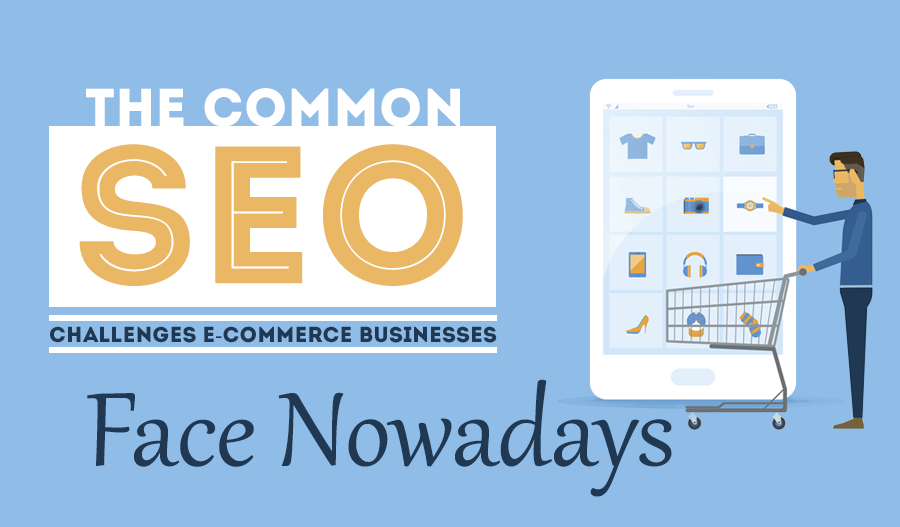
SEO can be your best friend but, as it is with most friendships, it takes time to smooth out the differences and overcome challenges together. It is the same with managing the SEO strategy of your website. Of course, it all depends on the kind of site you are running, but today we are focusing on e-commerce websites that are struggling with SEO. Below, we will discuss the main problems and some solutions you might find suitable for your situation.
1. Product Descriptions
Generally speaking, the average e-commerce website consists of thousands of different products, and their descriptions are automated to a certain extent. As you can imagine, this does not sit well with SEO in terms of content and providing value to the reader. Providing generic content is not something search engines like. They will find only a negligible amount of unique content to crawl, and with so many competitors, you will provide Google bots with nothing to use in SERPs => no SEO exposure for you.
2. Low-Quality Content
After Google’s Panda Algorithm release, the need for high-quality content has risen significantly. You need both easy-to-navigate content and a unique copy. That applies to the entire content on your website!
3. Loading Speed
As a user yourself, you’ve encountered this many times. You click on a website, and it takes forever to load. Unless you have absolutely no other choice, you wait, but if you do — you just abandon it and go on to the next website. Ergo, every second counts in loading speed, so if you don’t want to end up with a critically low conversion rate and high bounce rates, you need to take measures. You need good hosting and cache plugins to optimize your website. For all the images included in your product descriptions, it is a good idea to use image optimization techniques, such as compression.
4. SSL
SSL, also known as Secure Sockets Layer, is an essential tool for any website, especially for e-commerce businesses. SSL provides not only security, but it also improves SEO as it protects the content shared between users and the website. Another benefit of SSL is it makes users feel more secure about making payments as they don’t have to worry about data theft.
5. Managing User Reviews
It is proven that e-commerce websites that allow user-generated content on their platforms have higher conversion rates and, naturally, revenue. If managed properly, user reviews can strengthen your SEO strategy, on one hand, and help engage with users more, on the other.
6. Site Design
Having a responsive website that supports multiple screen sizes and e-commerce is perhaps one of the trickiest things ever to achieve. That’s why many people focus on design rather than SEO. Have a brainstorming session with your colleagues, find the best ways to display your products and adapt it to both desktop and mobile.
You have a lot of work to do if you really want to have a successful e-commerce business. It all starts with your website and having a proper SEO strategy. If you need help along the way, our SEO company can help. Our team at 411 Locals has all the technical knowledge and creativity to boost your business performance! Stay tuned for our next topic!


